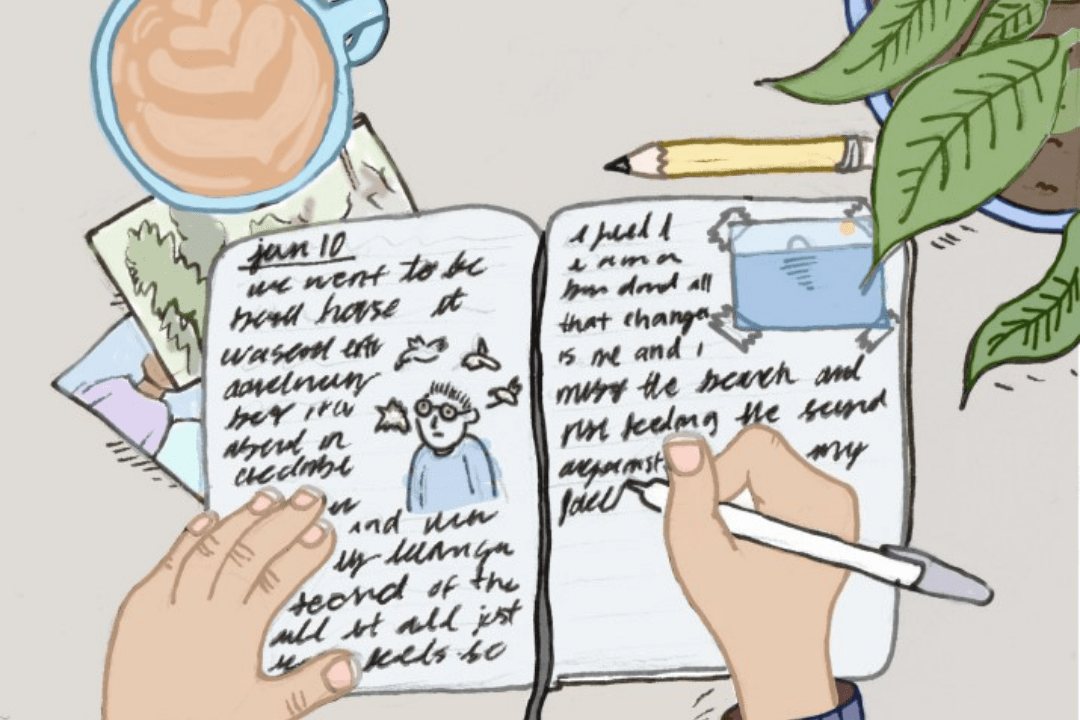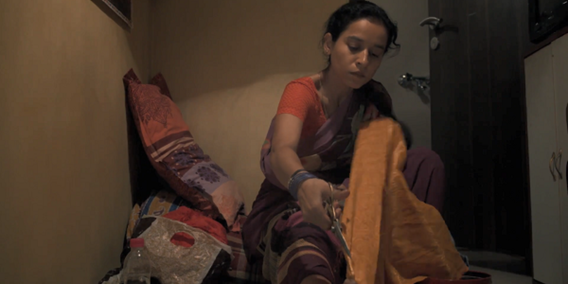Journaling no longer refers to one thing. What used to be a blank notebook now appears as themed prompts, guided questions, and highly specific formats for almost every emotion and goal.
In many cases, what is sold as a journal is closer to a workbook. This is not a problem in itself. It becomes one when writing starts to feel like another task to perform correctly.
The difficulty most people face is not knowing how to journal. It is knowing what they are actually trying to pay attention to when they write.
What Writing Is Actually Doing
People come to writing for different reasons. Some want relief from repetitive thinking. Some want to understand a reaction that keeps returning. Others are simply curious about what happens when thoughts are written instead of rehearsed.
The reason matters less than the posture. Writing works when it is not rushed toward improvement or resolution. It works when it stays close to what is being noticed, rather than what should be concluded.
Consistency helps, but it does not guarantee insight. Some days, the page fills easily. Other days, it resists. Both are part of the same process.
On Being Specific
Writing becomes useful when it moves away from generalities. “I feel overwhelmed” carries less information than noticing what you are avoiding, postponing, or repeatedly explaining to yourself.
Techniques such as Socratic questioning can help separate thought from feeling, assumption from observation. The goal is not analysis. It is clarity.
A journal does not need to be a neutral or comforting place. It needs to be accurate.
Where Gratitude Fits—and Where It Doesn’t
Gratitude journals are often misunderstood. They are not meant to overwrite disappointment or difficulty. Their value lies in attention, not positivity.
When gratitude is reduced to a list of good things, it becomes repetitive. When it is tied to people, moments, or exchanges, it becomes more revealing.
Writing “I am grateful for my family” is vague. Writing about a specific interaction, a conversation, or a form of support is not.
Gratitude becomes useful when it is examined rather than celebrated. When you understand why something mattered, you learn something about what you value.
Writing regularly does not require intensity. It requires returning. Even infrequently. Even imperfectly.








